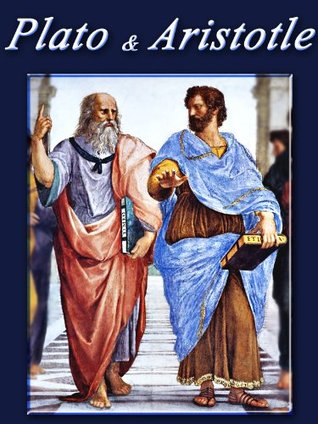I first met the concept of Duty when I promised as a Wolf Cub “to do my duty to God and the Queen”. Promises to do my duty have been willingly undertaken over the years in accepting marital, religious, family, naval, juror, professional, custodial and leadership obligations.
This weekend we acknowledge the 68th Queen’s Birthday of her reign. According to the Telegraph, our Queen is the most dutiful monarch in a thousand years.
Hard to argue – she is a remarkable constitutional monarch, staying within her boundaries of influence and engagement, but providing the conscientious moral rectitude, the sensible guidance to her ministers, the symbolic leadership, and the Grandmothering of the Commonwealth that her social contract demands. She has managed over those 68 years to be an unfashionable rarity, always putting her duty first. And she, unlike other dutiful monarchs/leaders such as Emperor Franz Josef or Theresa May, has always been clear as to whom she should owe the duty to!

I tracked back through the philosophers to learn about the duty idea. The common thread of secular thinking started with Plato, Aristotle and the Stoics. Their teaching was developed by Enlightenment thinkers such as Locke and Kant. What emerged was a general acceptance that Duty to the community or state (the polis) was a necessary obligation of all citizens in order that society could function and that citizens could pursue their self-interest within accepted constraints. Duty was a moral law, a stabilizing force and a unifying strength.
These philosophers came to acknowledge the tension between Duty and individual Rights, a theme picked up by Paine whose Rights of Man led to the rebalancing of the Rights versus Duty seesaw, the Declaration of Independence and the French Revolution. Concurrently, Smith’s Wealth of Nations taught that, while the invisible hand encourages rational behaviour, functioning markets still need participants to comply dutifully with fiscal and commercial laws and product standards.
And today? Balance and reciprocity are lost. Rights are in the ascendant over Duty. Trump, Putin, the Brexiteers are just the most extreme examples. On all media, the dominant conversation is about My Rights! Rarely about My Duty to society, except for altruistic groups like the Planet Savers.
The proclamations, conventions and charters from government and super-government (United Nations etc) are mostly about Human Rights, not Human Duties. While in the current view Rights may come first, their accompanying reciprocal Duties must follow and be equal.
There seems to be no popular conception, moral or ethical system, or collective action regarding citizens’ duties. As privileged leaders in our own setting, enjoying considerable rights and taking a cue from classical thinking, what might be our duties to society?
Perhaps: –
- To speak out against wrong-headed or harmful policies
- To go on radio, write articles or a blog attempting to draw attention to an issue
- To give free and frank advice / take on pro bono work
- To accept service on juries, panels, inquiries, regulatory bodies, school or community boards
- To join an activist group in communities to mobilize around an issue
- To work within your professional institute to highlight issues and make submissions for change.
In sum, to be brave, principled, willing and caring.

For more,
- Melvyn Bragg examines duty (click), a concept that has excited philosophers through history.
- In composing this piece, I sent the Melvyn Bragg link to a long-time Altiora advocate and occasional philosophe who provided some thoughtful ruminations (click):

